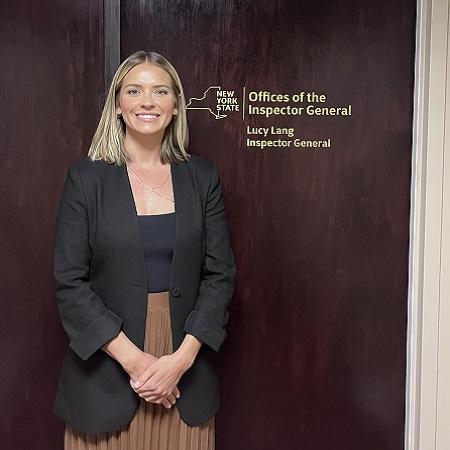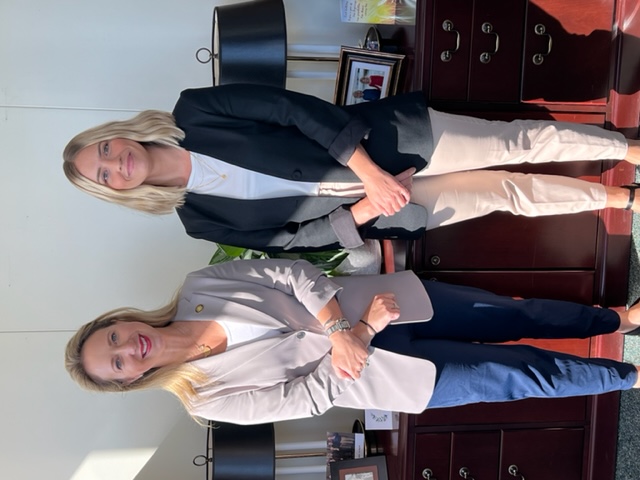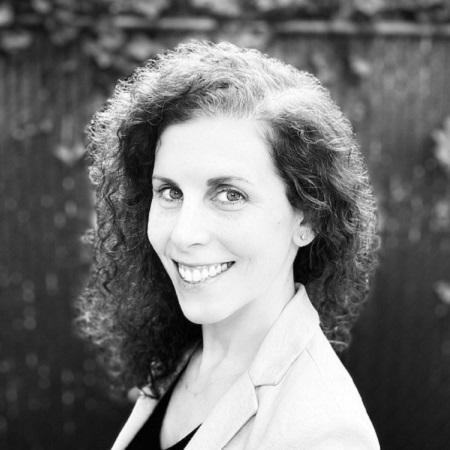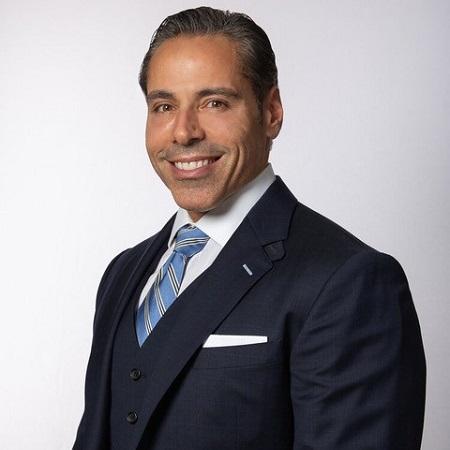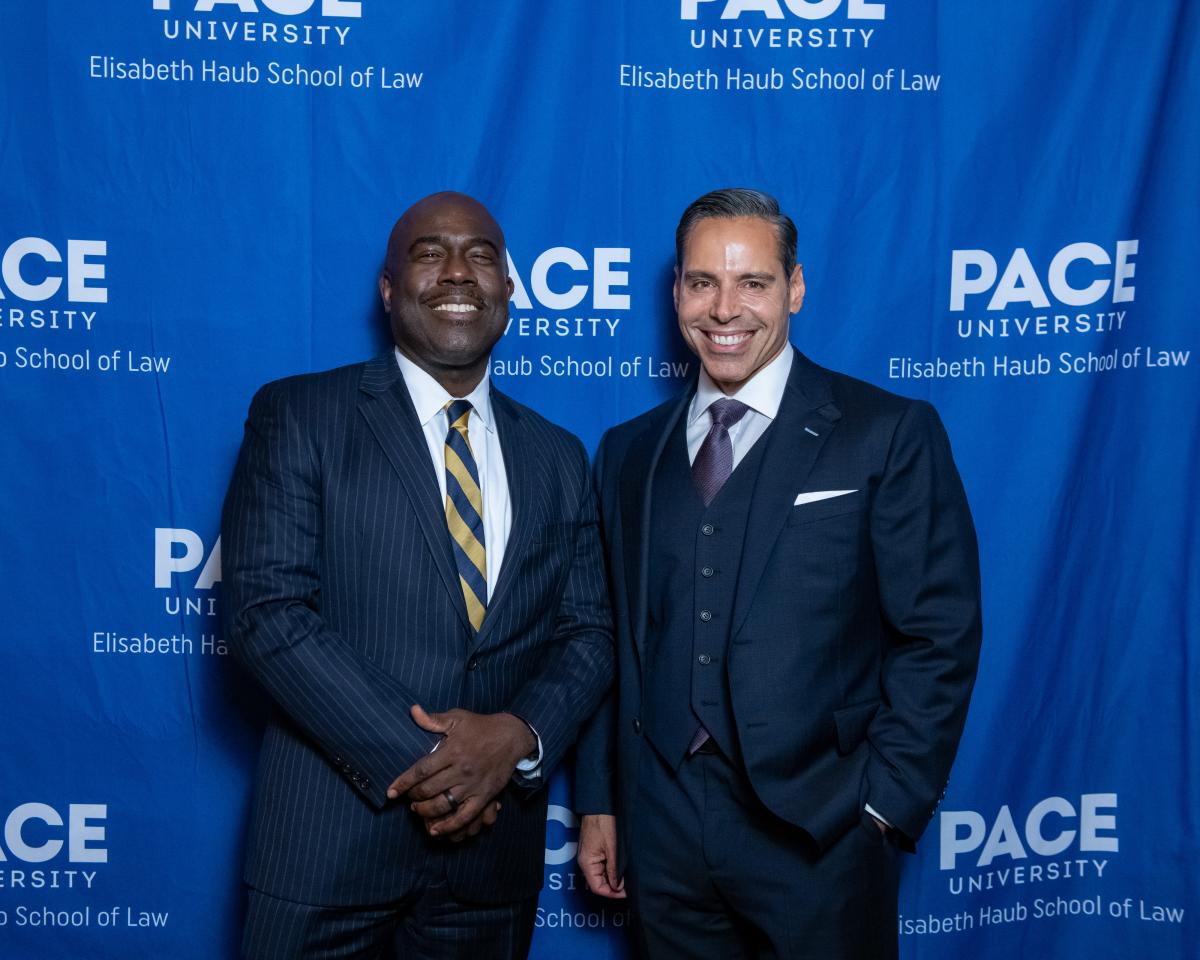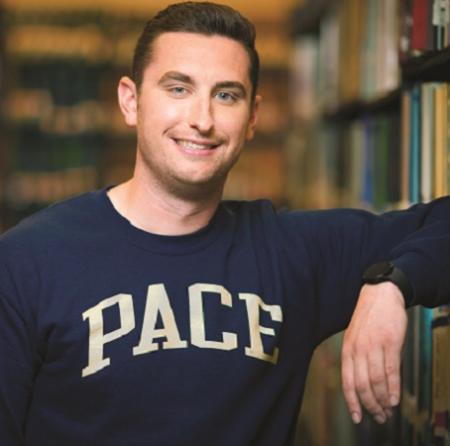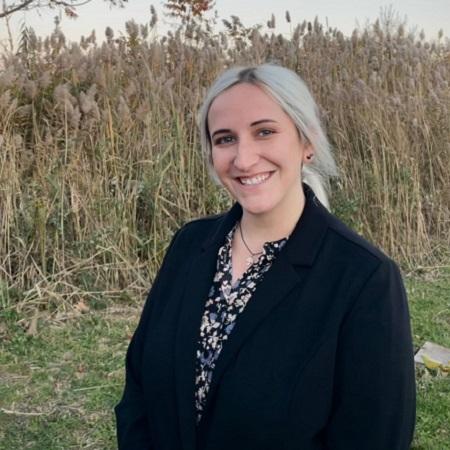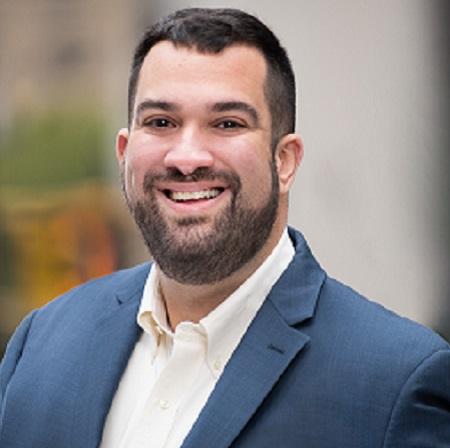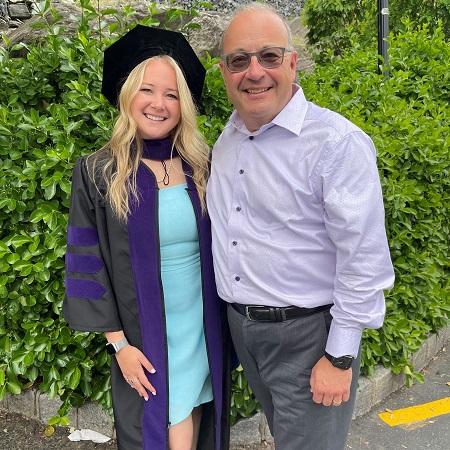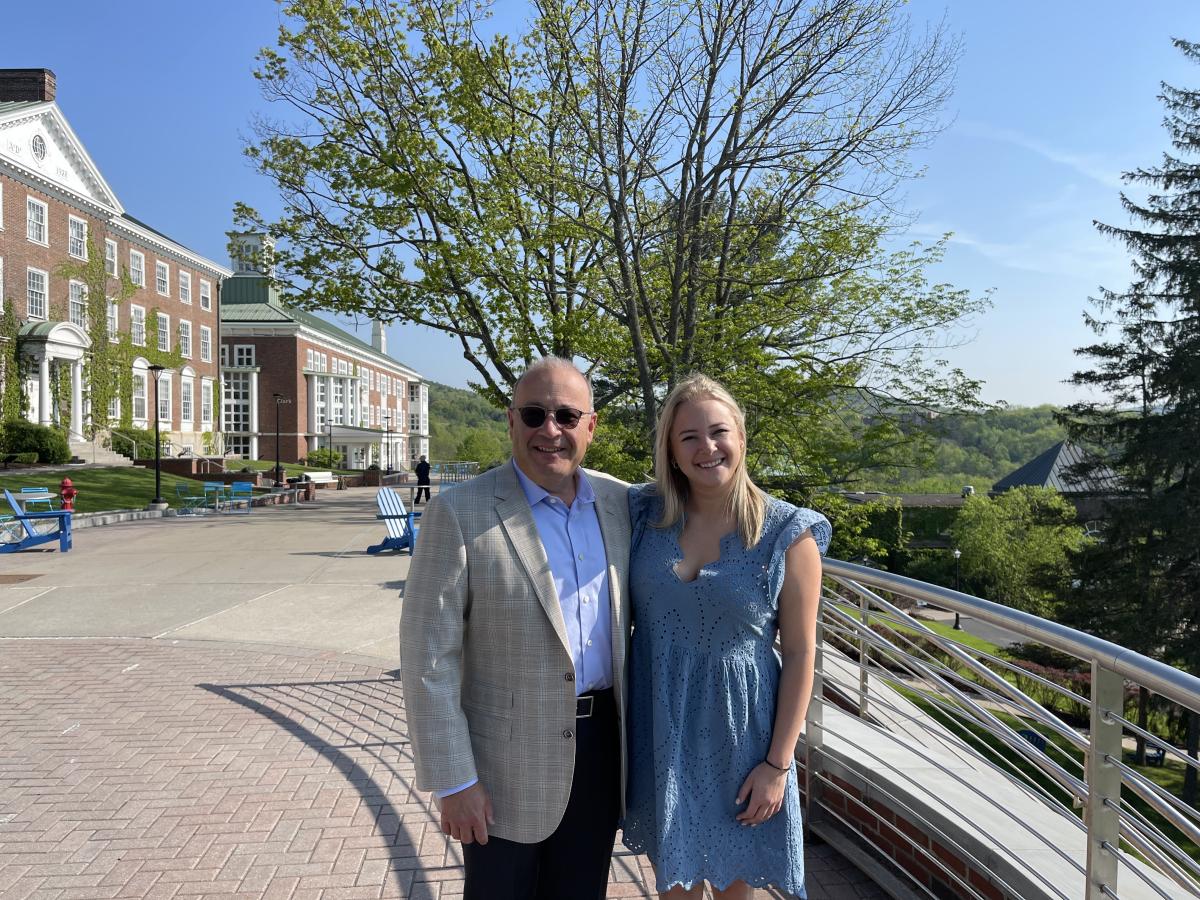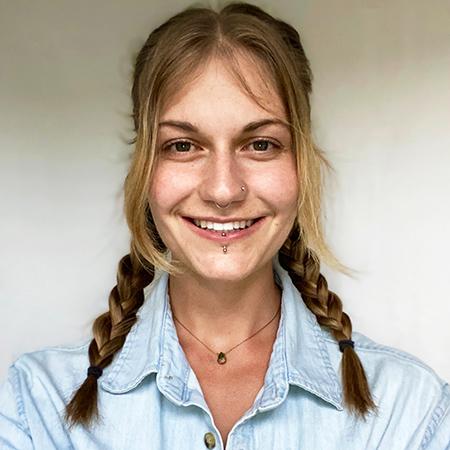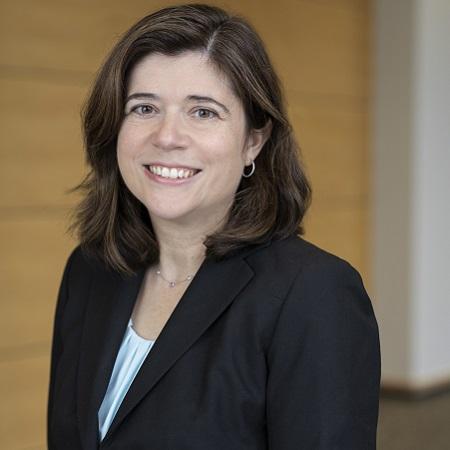
Faculty Focus
Professor Emily Gold Waldman
Emily Waldman is a Professor & the Associate Dean for Faculty Development at the Elisabeth Haub School of Law at Pace University. She joined Haub Law in 2006 and teaches Constitutional Law, Civil Procedure, Law & Education, and Employment Law. Most recently, Professor Waldman co-authored the book “Menstruation Matters: Challenging the Law’s Silence on Periods,” with Professor Bridget Crawford. Learn more about her recent book, advice on clerkships, and more in this Q&A.
Can you tell us about your recently published book?
The book that Professor Crawford and I wrote, “Menstruation Matters: Challenging the Law’s Silence on Periods,” looks at all of the different ways that the law intersects with menstruation. It grew out of several different articles that we wrote.
The first article that we wrote looked at the sales tax on menstrual products—in particular, that in many states, certain products are tax-exempt yet menstrual products are not. This is known as the “tampon tax.” Interestingly, this has changed a lot even since we wrote the article in 2018—more and more states have been classifying menstrual products as tax-exempt, in response to political campaigns and pressure. Our article looked at the argument that it's actually unconstitutional to tax menstrual products when other comparable unisex necessities like bandaids are tax-exempt—that it’s a form of sex discrimination, since menstrual products are so closely linked to the female reproductive system.
Then we also did an article about whether Title IX requires schools to provide menstrual products to students who can't afford them, and also dealt with other aspects of how schools address menstruation. Throughout our research and writing, we saw that there are a lot of other aspects to address like workplace issues, environmental issues, and more.
What was exciting about the book, as compared to our articles, was that we were able to tell on-the-ground stories about who is working in the “menstrual advocacy” space right now? How did they come to the topic? How did they connect with each other? What legal and political strategies did they use to try to effectuate legal change? We were able to also explore many cultural issues surrounding menstruation—in particular, the longstanding silence and stigma that accompanies menstruation. So while our book does look at the law and analyze the law, we also bring these issues to life.
You mentioned discussing with individuals how they came to this topic; what was it that sparked your interest?
It really is a very specific story. What happened was that Professor Crawford, who teaches tax law and feminist legal theory, was working on an article about the tampon tax. She presented her work at a faculty colloquium, and mentioned that constitutional challenges were being brought against the tampon tax, on the idea that it violated the Equal Protection clause. And my ears pricked up, since so much of my scholarship and teaching is focused on constitutional law. And I was thinking immediately, well, what is the exact argument that they are making? I could see that it raised some complicated constitutional questions.
And so I emailed Professor Crawford and I asked more about what the theory exactly was. We decided to meet and talk more about the issue. After doing that, we decided to write an article about it. I was hooked right away because it’s a super-interesting legal issue that has very real world consequences.
I'm always interested in issues that cut across a lot of different areas, especially areas of con law, education, law, and employment law. Menstruation is one of those areas that does that. There are constitutional aspects to it with equal protection, there are employment aspects to it in terms of accommodations and discrimination, and there are education law implications in terms of what happens in schools.
What got you interested in the more general fields of law and education, employment law, and constitutional law?
To me, they’re all just so interesting on both the intellectual and human-relations levels. I loved those topics from the time I was in law school. I tend to be very interested in legal issues that involve people in their everyday life. And if you think about it, you know when you're a kid, where do you go every day? You go to school. And then, when you’re an adult, where do you go? Every day you go to work. So both of those contexts to me are endlessly fascinating.
For example, think about public school teachers' free speech rights – that's a con law issue, but it is also an employment law and education law issue. I love seeing those connections and that some of the cases I teach in one class may also come up in another class.
Do you have any advice for students who are interested in these specific fields?
The first thing is to take all of the relevant coursework that you can, and also related classes. For example, administrative law touches on all of these things. I'm also a big proponent of clerking, getting experience with a judge, if you can, and whether you clerk for a state judge or a federal judge, you are very likely to see these areas come up. Also, make sure you follow the areas you are interested in - follow them in the newspaper, follow the Supreme Court, and more.
Do you have any advice for students interested in clerking?
I did two clerkships. First, I clerked for a federal district judge, Bill Young, right out of law school, in Boston. Then I worked at a law firm for a couple of years, and then I clerked for a judge on the Second Circuit, Robert Katzmann. So my advice is to definitely pursue it if it's something that's interesting to you. It's a fabulous experience. It’s a good idea to cast a really broad net in terms of where you apply, and to apply to both federal and state clerkships.
If you are geographically flexible, that is extremely helpful. Don't just limit yourself to the New York metro area unless you have to for personal reasons. Also, while you are at Haub Law, if you have the opportunity, apply to participate in the Federal Judicial Honors Program and one of the law reviews as well.
So outside of academics, what do you spend most of your time focused on?
My kids! They keep me busy - I have a daughter who is 13 and my son is 8. I spend a lot of time with them, hanging out with them, driving them to their activities, helping them with their homework.

